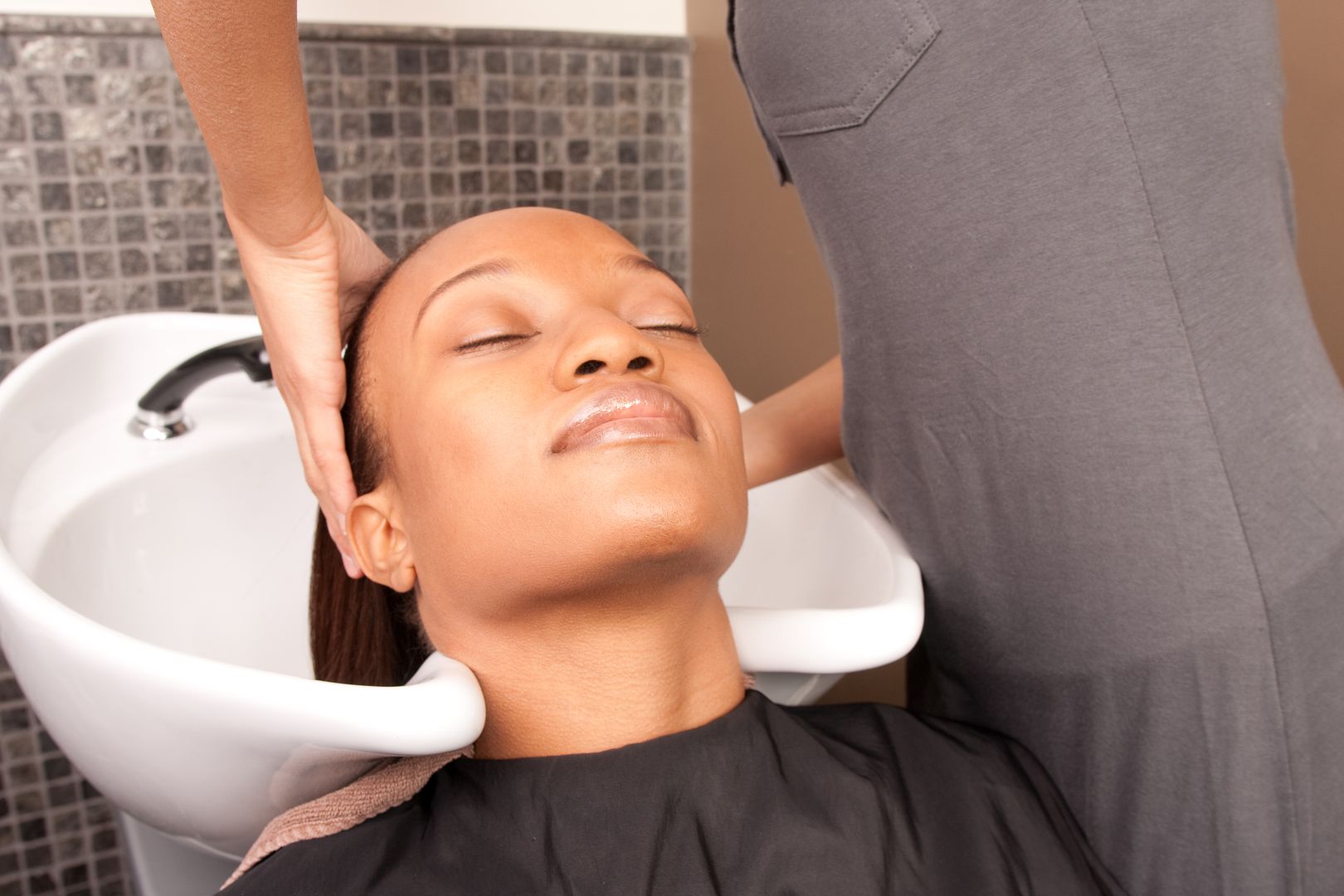Women of color have a special bond with their hair care products. Beyond shampoos and conditioners, we rely on a vast array of gels, relaxers, oils, lotions, treatments, and sprays to relax coiled strands, moisturize dry hair, add shine, or amplify natural curl patterns.
It can be scary when we read reports that the products we rely on are dangerous to our health. If only the research behind these inflammatory articles had some substance and not just faulty science.
Recently, Environmental Research published research analyzing over a dozen hair care products marketed to black women and found that they contain chemicals which have been linked to infertility, obesity, asthma, and even cancer. That would make any woman empty her bathroom cabinets.
Wait, don't do it.
Reports like these often use junk science to push an agenda that leaves consumers worse off. Industry experts, including federal regulatory agencies, challenge and even dismiss their claims.
This new report is no different. The researchers didn't study any direct health effects of the products, but just observed the presence of chemicals that may be linked to health concerns.
Now, environmental advocates run with the results to make sweeping generalizations about how the beauty industry is harming black women. Just look at what the leader of the nonprofit Black Women for Wellness declared after the release of these findings:
"'Black women are over-exposed and under-protected from toxic chemicals.
"This study is evidence that hair products are an important source of toxic chemicals and that we need to remove these risks to protect black women's lives and prevent harm."
Two of culprits that researchers were looking for are parabens and phthalates. Fragrance chemicals were also present. Here's why claims of their hazards are unsupported.
Parabens
This study finds that up to 78 percent of hair relaxers (used to permanently straighten hair) contain hormone-disrupting chemicals, known as parabens. Parabens are used as preservatives in cosmetic products to prevent the growth of harmful bacteria and mold as the Food and Drug Administration explains. Parabens are used for our safety.
The FDA does not ban parabens and furthermore debunks claims that they are linked health issues, noting, "At this time, we do not have information showing that parabens, as they are used in cosmetics, have an effect on human health."
Phthalates
The study finds also finds that about eight in ten hair products contain phthalates. Phthalates, which are used to soften products and prolong their shelf life, have allegedly been linked to breast and ovarian cancer, as well as early menopause.
However, as my colleague Julie explains about these chemicals being used in toys, phthalates are completely safe:
"… a 2010 report from the Centers for Disease Control and Prevention found that phthalates do not pose a health hazard because the chemical is metabolized, excreted quickly and does not accumulate in the body. The CDC also endorsed the findings in a 2004 and a 2010 study by the Children’s National Medical Center and George Washington University School of Medicine that showed no adverse effects in organ or sexual functioning in adolescent children exposed to phthalates as neonates."
The presence of these chemicals is not evidence that black women need to dump their products or else face a host of health conditions that probably have more to do with genetics and home environment than anything on their head.
The methodology behind this research is questionable as well. They analyzed 18 hair products (hot-oil treatments, anti-frizz polishes, leave-in conditioners, root stimulators, hair lotions and relaxers) to look for 66 chemicals. These products were selected based on a 2005 survey of just 301 women living in New York of which over half were black women. A dozen of the products had been used regularly by the group and the other six were used frequently by black women. How can they come to such sweeping conclusions based on the products of a couple dozen women living in New York?
As noted above, they did not study actual health effects of these specific products but looked for the presence of specific chemicals as evidence of health concerns.
We've seen similar junky scientific research about black hair care products before. In 2016, an environmental group claimed that one in 12 hair products marketed to black women were highly hazardous based upon their analysis of the contents of almost 1,200 products.
What makes these studies particularly sinister is that they prey on the fears of black and Hispanic women by linking the myriad health concerns that these women face to chemicals in the products that they use even though there is no direct evidence. A woman may relax her hair and one day develops ovarian cancer, but these environmental advocates are trying to say that one is the cause of the other.
One research explains, “The study is helping shine a light on how different beauty product usage may play a role in this, but we want to be careful not to overgeneralize the results."
We all want to use safe, quality products on our bodies. Unless there's real evidence that products on the market fail to meet those standards, women should take research like this with a grain of salt.


